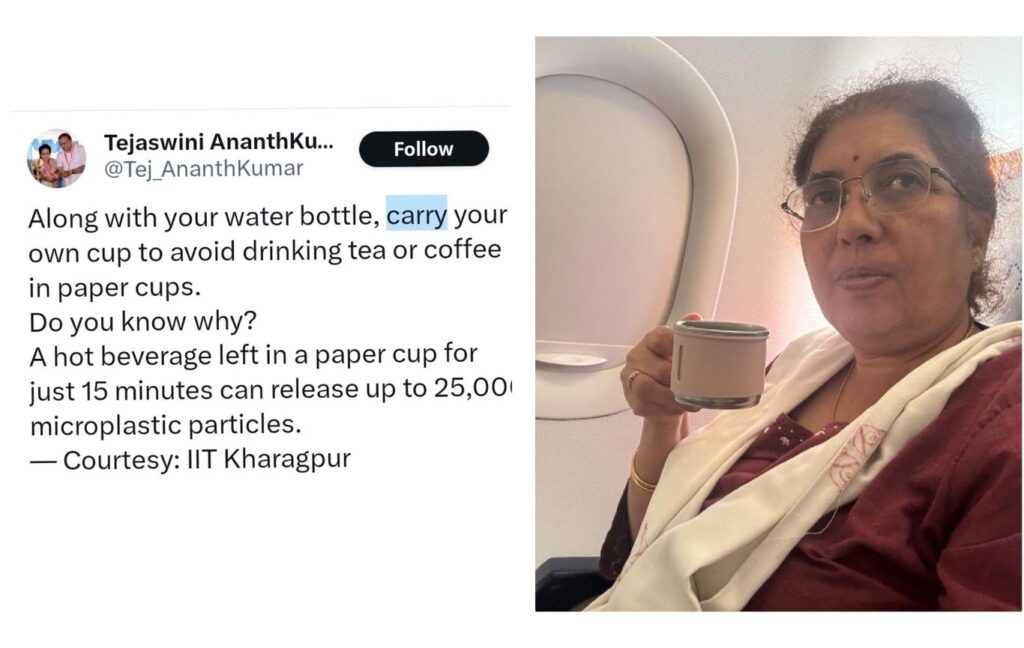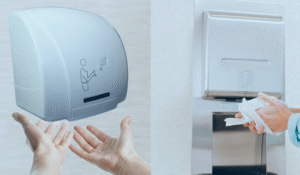Why Carrying Your Own Cup Could Protect Your Brain, Heart, and Hormones

Why Carrying Your Own Cup Could Protect Your Brain, Heart, and Hormones
Experts warn against drinking hot beverages from paper cups lined with plastic, citing serious health risks
If you’re in the habit of sipping tea or coffee from disposable paper cups, you might be exposing your body to thousands of microplastic particles every day, potentially putting your brain, heart, and hormones at risk. Scientists and public health advocates are urging people to switch to reusable cups, especially when consuming hot liquids.
Tejaswini AnanthKumar, Chairperson of the Board of Governors at the Indian Institute of Engineering Science and Technology (IIEST), recently reignited this conversation with a social media appeal. “Along with your water bottle, carry your own cup to avoid drinking tea or coffee in paper cups,” she wrote on X (formerly Twitter), reminding followers that these cups are not as harmless as they seem.
Despite being labeled “paper,” most disposable cups contain a thin plastic lining — typically polyethylene, to prevent leakage. When hot liquids like tea or coffee are poured in, this plastic starts breaking down and releases microplastic particles into the drink.
In a landmark 2021 study, researchers from IIT Kharagpur, Dr. Sudha Goel along with Ved Prakash Ranjan and Anuja Joseph found that in just 15 minutes of holding hot liquid (around 85–90°C), a standard paper cup can release about 25,000 microplastic particles into 100 ml of beverage. That means if you drink three cups a day from such cups, you could be swallowing up to 75,000 microplastics daily.
“These microplastics can act as carriers for other toxic substances like heavy metals and organic compounds,” Dr. Goel explained. This adds to the potential health burden, particularly over long-term exposure.
A more recent 2024 study from Columbia University found that single-use plastic bottles can release over 2,40,000 nanoplastic fragments even smaller than microplastics and more easily absorbed by the body. These particles are capable of passing through cell walls, crossing into the brain, and even reaching the placenta during pregnancy.
Over time, scientists warn that microplastics can accumulate in organs such as the heart, kidneys, brain, and liver. Lab studies suggest they can interfere with hormone regulation, weaken the immune system, and may contribute to conditions such as cancer, obesity, neurological disorders, and reproductive issues.
Experts are now calling for a return to traditional habits carrying personal cups made of steel or glass. Not only is this healthier, but it’s also more environmentally friendly.
The message is simple but urgent: carry your own cup, and protect not just the planet, but also your own body.











